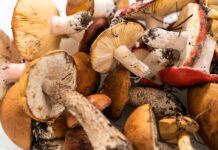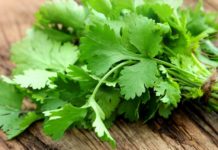
I love this quote from Dr. Ann Wigmore, “The food you eat can be either the safest and most powerful form of medicine or the slowest form of poison.” This is especially true when we examine chronic disease.
Last month was colorectal (colon) cancer awareness month. Although it can affect those of all ages, colon cancer is most common after the age of 50. It amazes me that next to lung and breast cancer, colorectal cancer is the third most common cancer in Canada—pretty frightening. The high rates of colon cancer begs the question, what is wrong with how we’re treating (or not treating) our colon?
What is the colon?
According to the Canadian Digestive Health Foundation (CDHF), the colon, AKA the large intestine, is the last organ to participate in our digestive process. It dries out food residues that are we can’t digest through absorption, which then results in elimination (bowel movements). Approximately, our colon is about 1.5 meters long and has six distinct regions: caecum, ascending colon, transverse colon, descending colon, sigmoid colon and finally, the rectum.
Why diet matters.
Our colon is being referred to by health experts as our second brain—our colon actually sends more information to our brain than our brain sends to it! Although genetic predisposition (heredity) plays a big role with respect to your risk of colon cancer, the CDHF states 35 per cent of cancers might be linked to dietary factors and several colon cancers may be preventable through diet!
A diet that’s low in red and processed meat and unhealthy fats, high in fibre and includes an abundance of fruits and vegetables have been shown to reduce the risk of colon cancer. Antioxidants, such as vitamin D and vitamin E, and healthy fats can also help lower your risk. Choosing foods low on the glycemic index is another risk reducer, according to research conducted at Harvard University. With respect to probiotics, the science is not clear yet. Researchers are currently optimistic yet cautious about the benefits and safety of probiotics for those with cancer. Ask your health provider what is best for you. Physical activity and a maintaining a healthy weight (or lack thereof) are important risk factors as well.
If you are concerned about the health of your colon, speak to your doctor and find out if you should get screened for colon cancer.











